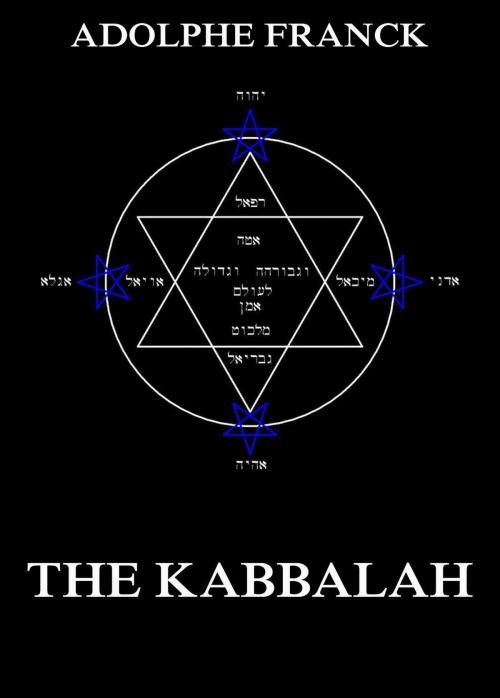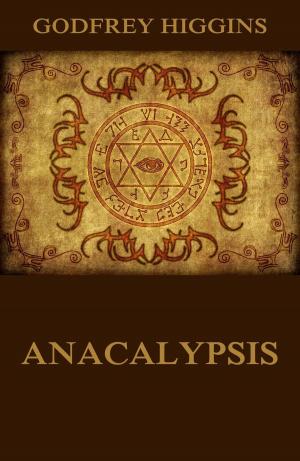The Kabbalah
Nonfiction, Religion & Spirituality, New Age, Mysticism, Inspiration & Meditation, Judaism| Author: | Adolphe Franck | ISBN: | 9783849644536 |
| Publisher: | Jazzybee Verlag | Publication: | June 2, 2014 |
| Imprint: | Language: | English |
| Author: | Adolphe Franck |
| ISBN: | 9783849644536 |
| Publisher: | Jazzybee Verlag |
| Publication: | June 2, 2014 |
| Imprint: | |
| Language: | English |
This is a scholarly study of the origin and evolution of the Kabbalah. Originally published in French in 1843, with a second French edition in 1889, this book traces the origins of the philosophical concepts of the Kabbalah to the ancient Zoroastrians. Franck goes into fascinating detail about the doctrine of the Kabbalah, as expressed in the Sepher Yetzirah and the Zohar. He uses internal evidence to trace the origins of these texts many centuries prior to their first known publication in the thirteenth century C.E. Franck carefully compares the philosophy of the Kabbalah with Greek philosophy, the Alexandrians, Philo, and the Gnostics, and concludes that, although there are similarities, none of them can claim to be the source of the Kabbalah. However, he does find many more similarities with the ancient Zoroastrian beliefs. By this process of elimination, he comes to the conclusion that the doctrines of the Kabbalah had their origin during the Babylonian exile circa 500 B.C.E., which was also the time when Zoroaster was active in the same geographical region. This thesis is worth considering, and potentially adds more weight to the already numerous contributions of Zoroastrianism to world culture.
This is a scholarly study of the origin and evolution of the Kabbalah. Originally published in French in 1843, with a second French edition in 1889, this book traces the origins of the philosophical concepts of the Kabbalah to the ancient Zoroastrians. Franck goes into fascinating detail about the doctrine of the Kabbalah, as expressed in the Sepher Yetzirah and the Zohar. He uses internal evidence to trace the origins of these texts many centuries prior to their first known publication in the thirteenth century C.E. Franck carefully compares the philosophy of the Kabbalah with Greek philosophy, the Alexandrians, Philo, and the Gnostics, and concludes that, although there are similarities, none of them can claim to be the source of the Kabbalah. However, he does find many more similarities with the ancient Zoroastrian beliefs. By this process of elimination, he comes to the conclusion that the doctrines of the Kabbalah had their origin during the Babylonian exile circa 500 B.C.E., which was also the time when Zoroaster was active in the same geographical region. This thesis is worth considering, and potentially adds more weight to the already numerous contributions of Zoroastrianism to world culture.















